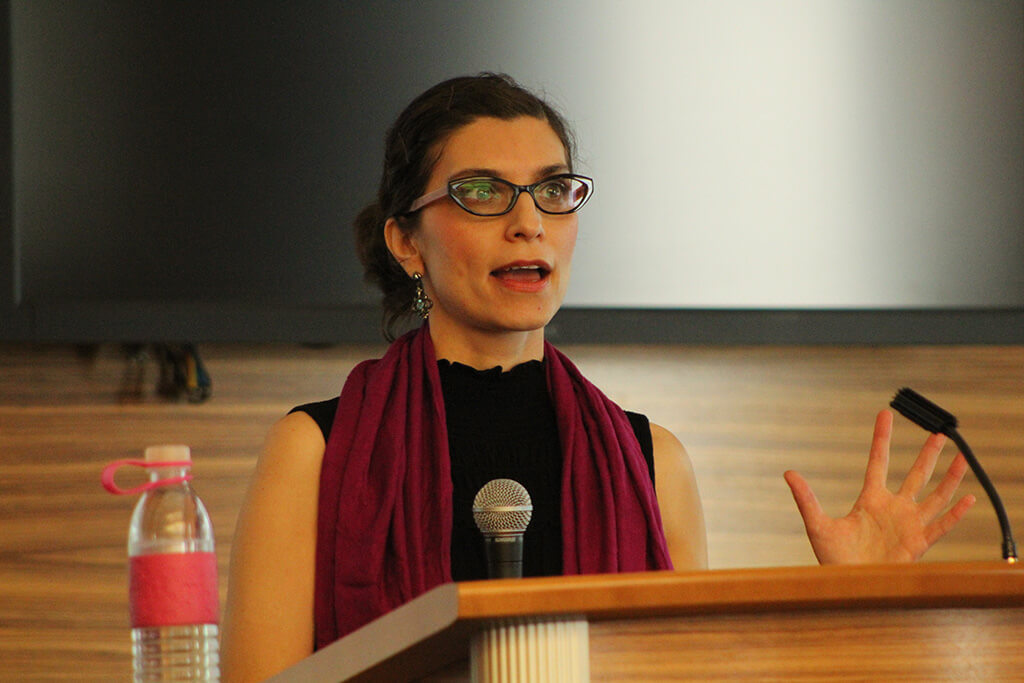As a newcomer to Canada, I’m having a hard time reading big-name papers like The Globe and Mail and the Toronto Star. I’m getting the feeling that when they cover stories, these publications don’t keep new Canadians in mind. In my limited experience, Canadian outlets for the most part are failing a growing chunk of the country’s audience: immigrants and particularly newcomers.
I guess they’re not interested in targeting, along with the majority, the very group which drives this country’s population growth: immigrants.
I’ve been in Canada for about two months, and when I first started reading Canadian news, I had no idea what the hell the articles were talking about. Every story I went through left me feeling uninformed and stupid.
Why is that? Because the journalists writing and editing these articles assume that their audience is comprised of people who have either lived in Canada all their lives or at least have a good understanding of the issues in this The Land of the Maple Leaf.
No, dear Toronto Star and other Canadian media, I don’t know the history behind Idle No More, an ongoing protest movement organized by Canada’s aboriginal people. So when you publish articles that provide no context whatsoever about this movement, you’re really doing a bad job.
Digging up background
I’ve had to do a significant amount of online research to find out that the country’s indigenous people tend to be less educated than the rest of the population and overrepresented in the prison population. That a number of them struggle with alcohol and drug addiction. That many of them still live on reserves where basics like clean water and heating are lacking. I’ve enjoyed the research, but you could have provided some of that context.
Also, dear Canadian outlets, using an acronym without explaining what it stands for is a really shoddy practice. Because, believe it or not, Canada is not the centre of the world, so I don’t know what NDP stands for. Well, now I do because I Googled it – New Democratic Party, an opposition party.
Why does all of this matter? Because, first, as I mentioned, Canadian outlets are losing eye balls by alienating a growing portion of the country’s population. By failing to provide big-picture explanations, media are also ensuring that their stories have an incredibly short life span.
This kind of lazy journalism is also a disservice to immigrants themselves because staying informed is a crucial way for them, especially for newcomers, to integrate.
Finally, when you present the news in a way that assumes your audience already knows the issues, you’re breaking a fundamental journalism rule.
Back to basics
One of the very first things I learned as a hands-on student at Columbia Journalism School in New York City is that a reporter always has to assume that readers, listeners and viewers do not know the background and do not know what acronyms stand for. It’s the job of the journalist to provide all of that information.
If users have to Google things to figure out what’s going on – and not many people will; most will simply abandon the story, never to come back to that site – then the outlet has not done its job.
As Cheryl Einhorn, one of my journalism instructors at Columbia, used to say, “you should craft your stories in a way that allows everyone to wander in and walk away with a good understanding of the subject.” If you submitted a news piece with inside baseball language and no context, Cheryl — and all the other J-School instructors — would tear your work apart. Raising questions that you don’t answer was one of the gravest sins you could commit at Columbia.
But, sadly, outside of Columbia it’s a different story. And just to be fair to Canadian media, I do have to acknowledge that because the global news industry is struggling and journalists are chronically overworked and often underpaid, more and more news outlets around the world are failing to provide the proper context for their reporting.
Still, Canada, that’s hardly an excuse for taking a provincial approach to news in a country that has so many newcomers like me.
Yaldaz Sadakova is a multimedia journalist who has worked in New York City and Brussels. Born and raised in Bulgaria, Yaldaz arrived in Canada from Belgium two months ago.
Yaldaz Sadakova is a writer and editor in Toronto. She holds a master’s degree in broadcast journalism from Columbia University Graduate School of Journalism. Much of her journalism work has focused on business reporting. She's covered the Great Recession in New York City, the euro crisis in Brussels as well as institutional investing and Canadian pension funds in Toronto. She moved to Canada in 2013. Most of her recent writing focuses on immigration. She’s the creator of Foreignish.net, a blog for long-form memoir stories about immigration.





